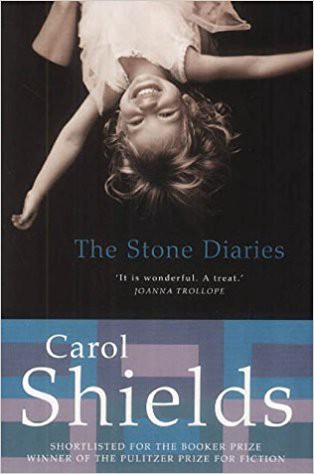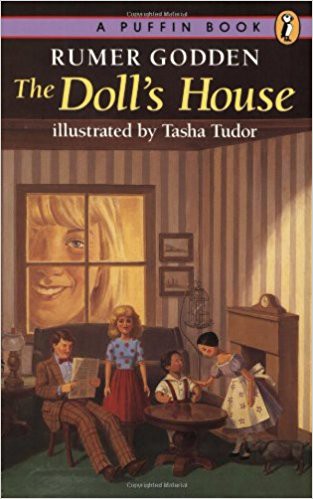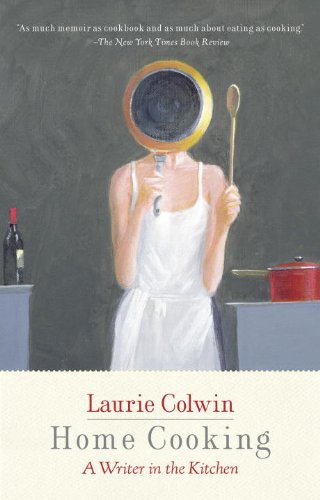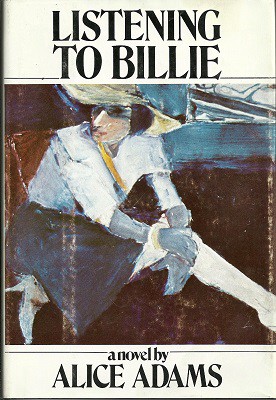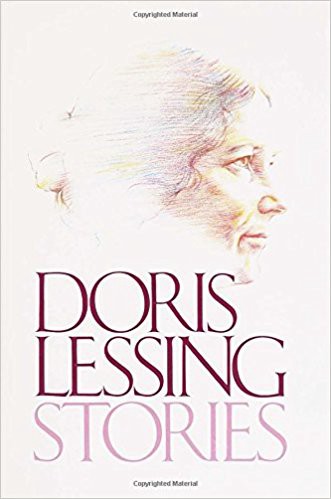Reading Lists
7 Books by Women that We Should Not Forget
Amy Bloom, author of ‘White Houses,’ revisits stories that we can’t allow to be written out of literature
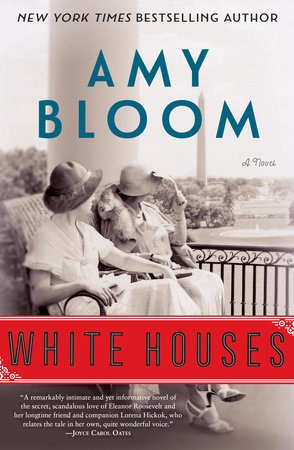
Sometimes, I walk into a library or a used bookstore and I pick up book after book, glossy cover, dusty cover, slightly foxed or spine unbroken and they all make me want to weep. I read the rave reviews (better than raves; nearly-hysterical and adoring paragraphs from the critics whose names used to strike fear into the hearts of writers) and the proud dingbats of major publishers on the spine, and perfectly good author photos, and several sentences about their repeated nominations and wins. And I do almost cry, because I have never heard of these writers, not even a rumor, and I am a pretty serious reader. They have disappeared like yesterday’s crumbs in a strong-moving stream and they are gone. Not every one of them, of course, but more than seems right or fair.
My novel, White Houses (Random House, February), tells a love story that has been disappeared from history; it’s the romance between Eleanor Roosevelt and journalist Lorena Hickok told from Hick’s outsider perspective. The love story of Roosevelt and Hickok is one that needs to be written back into history. The following seven books contain stories that we should not let float away in the great drift of books-that-were. They are all great works, of varying worlds and different styles, and I know that they are all marked by the strong sentence, the clear eye, the sharp wit or humor and a passion for storytelling that is exceeded only by the persistent fascination with character and characters.
The reputations of authors wax, wane, and disappear entirely. Each of these writers made a difference in how we write and how we read. Do yourself a favor and find them, again.
The Stone Diaries by Carol Shields
Read only if you care about ordinary life. Pulitzer prize-winner, modest Canadian Shields said: “A human life, and this is the only plot I think that I am interested in, is this primordial plot of birth, love, work, decline and death. This is just life working away toward the end of life. What is the story of that life? Can we tell our own life story with any sort of truth at all? Of course, we know we can’t.” Her novel Unless makes me want to lie on the floor and hold tight, in grief at these people’s lives and in pleasure at her artistry.
The Doll’s House by Rumer Godden
Seventy books in her lifetime, including twenty-one novels and some of the most wonderful books for young readers ever. Observant, helpless, awkward, questioning and questing young girls fill her books; as Emily declares to Louise in Breakfast with the Nikolides, “I see you, Mother. I cannot help it.” Godden is the champion of the oddball and the outsider and a master of the details which children remember and keep. I suggest A Doll’s House, of which the Times said, with unusual perception: “For little girls who love dolls, women who remember dollhouse days, and literary critics who can recognize a masterpiece.”
Maud Martha by Gwendolyn Brooks
Brooks is a poet and novelist, and the first African-American to win the Pulitzer Prize. Readers may know of Brooks’ great range of poetry but they missed her one work of fiction for adults: Maud Martha, published in 1953 and a provocative, open, wonderfully everyday, magically poetic and imaginative story of a young woman, black in America.
This poem of hers, offers both the roots and the plain-spoken lyricism of her novel:
A Song in the Front Yard:
I’ve stayed in the front yard all my life.
I want a peek at the back
Where it’s rough and untended and hungry weed grows.
Home Cooking by Laurie Colwin
Colwin died way too young, at 48. People who love her work still talk about her passing (now decades ago) as if they have only just heard about it and cannot quite take it in. Her linked short stories were witty, compassionate, omniscient masterpieces, every one of them. Her novels, maybe not so much. And her essays on cooking taught me to be a better cook and a better writer. I think of her as she titled a book: Shine On, Bright and Dangerous Object. If you love the chapter on roast chicken in Home Cooking, you will love all of her essays and short stories. If you don’t, it’s fine. We won’t be going out for drinks, but it’s fine.
Listening to Billie by Alice Adams
Adams wrote some of the most complex, odd, difficult characters I’d ever encountered. Her people were greedy, selfish, impatient, dishonest, self-deceiving, needy and usually, liars, to boot. They were wonderful to discover and have stayed with me for thirty years: transplanted Southerners, black and white; the self-loathing men and their anguished wives; the chipper, suicidal women passing through the South, on their way to san Francisco, or passing through a dump, on a way to a palace. Alice Adams hid in our closets and spied on us and she reported back with clever, witty writing concealing the dagger. Read Listening to Billie, for the full, cold-eyed, compassionate and attentive portrait of a woman at forty.
The Short Stories of Doris Lessing
Forget The Golden Notebook. Read Stories. This is the major collection, although I love each of my frayed, yellowed, duct-taped paperbacks of A Man and Two Women and The Habit of Loving, which I buy up in used bookstores, so I can give them away. Her stories are set in crappy apartments in London, villas in the French countryside, in offices and living rooms everywhere, and they center on the unfolding of painful moments, the evading and facing of brutal truths, the dark hilarity of romance. None better. “Her grasp of what is actually happening in the world is ministerial,” wrote Margaret Drabble. “Doris Lessing is one of the very few novelists who have refused to believe that the world is too complicated to understand.
Here Lies by Dorothy Parker
0ne hundred essays, reviews and short stories published in The New Yorker, under the name Constant Reader. (My fave: “This is not a book to be tossed aside lightly. This is a book to be hurled across the room.”) Somerset Maugham wrote the intro for the original Portable Dorothy Parker, (Viking Press, 1944) and said ‘Her style is easy without being slipshod and cultivated without affectation.’ Her work was filled with bitterness and misery and a wit so sharp, she slashed herself and everyone around her. (She died alone in a hotel room at seventy-three, surrounded by gin and ghosts, most of whom she reviled. Plus, she was a self-loathing Jew. I don’t care. I don’t admire the person but I sure do admire her wonderful, witty way with a monologue and no one understood more about disparity and inequity — of all kinds.)




